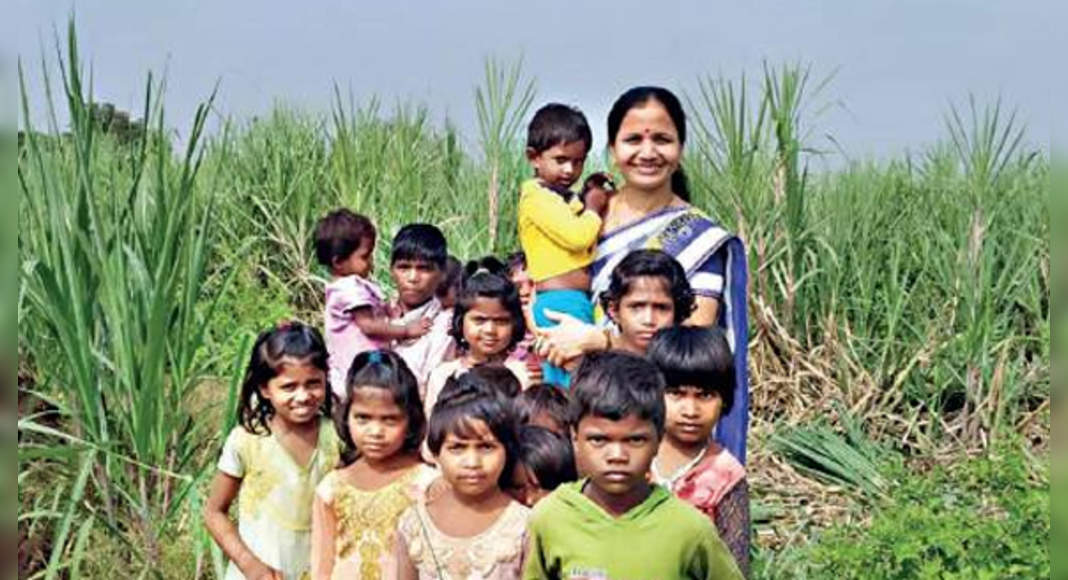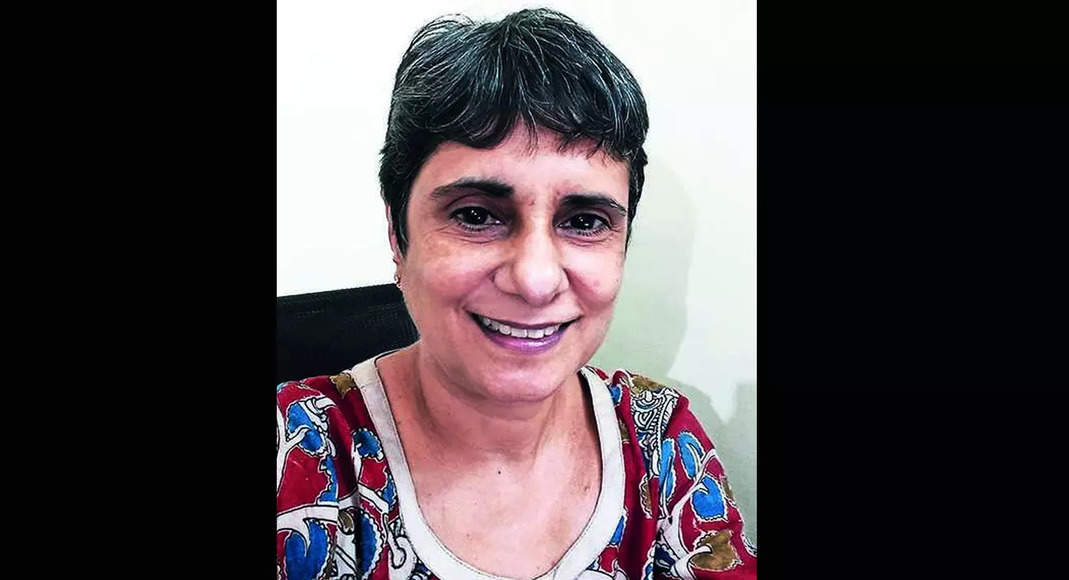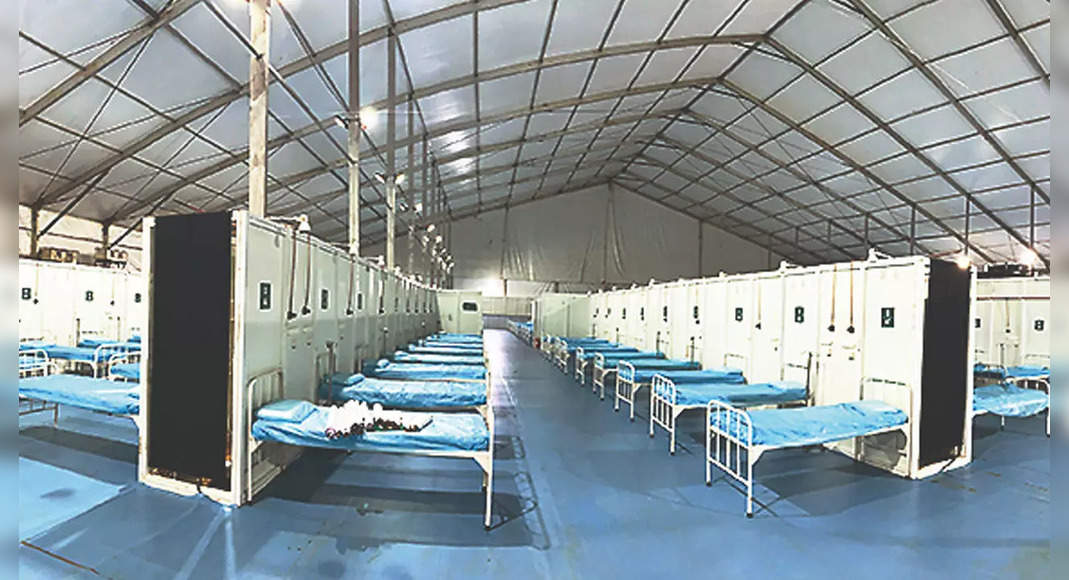PUNE: Zilla Parishad (ZP) school teacher Rohini Lokhande, who travels 25km every day to reach the school, is always watchful for the out-of-school children near the institution so that she can help find a way to teach them.
Since 2018, Lokhande has been teaching the children of sugarcane cutters from the state, who have migrated to villages near her school.
When lockdown struck in 2020, the 46-year-old realised that bleak poverty was forcing parents to choose work over education for their children and she set up a temporary night school.
She paid a local volunteer from her own pockets, so that the children could have basic competency in reading, writing and arithmetic.
Moreover, she also sponsors the education of a girl from Solapur, who had to drop out and work at a road construction site along with her family after her father passed away.
Lokhande had newly joined the team of teachers at the ZP school in Nandor, Daund, three years ago and some children came to fetch water from her school.
“When I enquired, they told me about how they had come from Aurangabad and other districts as sugarcane cutters.
I saw that a huge ground held makeshift tents and the workers would stay there from Diwali until the monsoon set in,” said the teacher.
She took the Std VII students of the ZP school to the area and conducted a survey of the families.
After getting a stock of the situation, with the help of teachers, the students made Diwali lanterns for each family and contributed to buy Diwali faral (sweets and savouries) for them.
“One by one, all students from the worker’s camp started enrolling at the school.
The lack of documents was never a hindrance as we would get them admitted to the school on an education guarantee card.
This card includes details such as the previous school, class, among others.
In 2019, as many as 11 parents decided to stay back in the village to ensure their children’s education continued instead of going back to their village,” said Lokhande.
However, last year, when the pandemic hit the situation became quite tough.
“The lockdown meant that many of the students, who had enrolled at the school, could not be reached.
Teachers were also put on Covid-19 duty and we had to teach regular classes online.
Although, I did get help from volunteers to go and teach them whenever they can, it was not enough.
Then I realised that most of the children were also made to work due to the severe money crunch faced by their families.
All of this meant, education was the least of their priorities.
That is when I thought of conducting the classes for the students at night,” said Lokhande.
While Lokhande searched for premises, she sought help from a local resident, who had a bungalow and was herself a postgraduate.
“I appealed to her to teach these children for two hours every night in the premises of her bungalow.
I paid her from my own pocket and she agreed to do the job.
The next hurdle was books.
Since none of these children could even read or write, teaching them basic skills was our priority.
We got workbooks in Marathi and Maths, which have a basic 60-day course.
Apart from the lessons, she even taught the students about personal hygiene, discipline, and so on.
By the end of the first week or so, after working on the fields, the children would take a bath, get ready for the evening and then come for the classes from 7 pm till 9 pm,” said Lokhande.
Despite having a pretty full plate, Lokhande feels she is not doing enough and says all her contributions were possible only because she found people who helped her at every stage of her project.
“From teachers in my school to people outside, I have found help everywhere.
Even now, when I wanted mobile phones for the children of sugarcane cutters, a Kothrud-based housing society donated five phones.
The 20 children can be divided into groups of four, to use one phone and study.
People can do wonders.”







